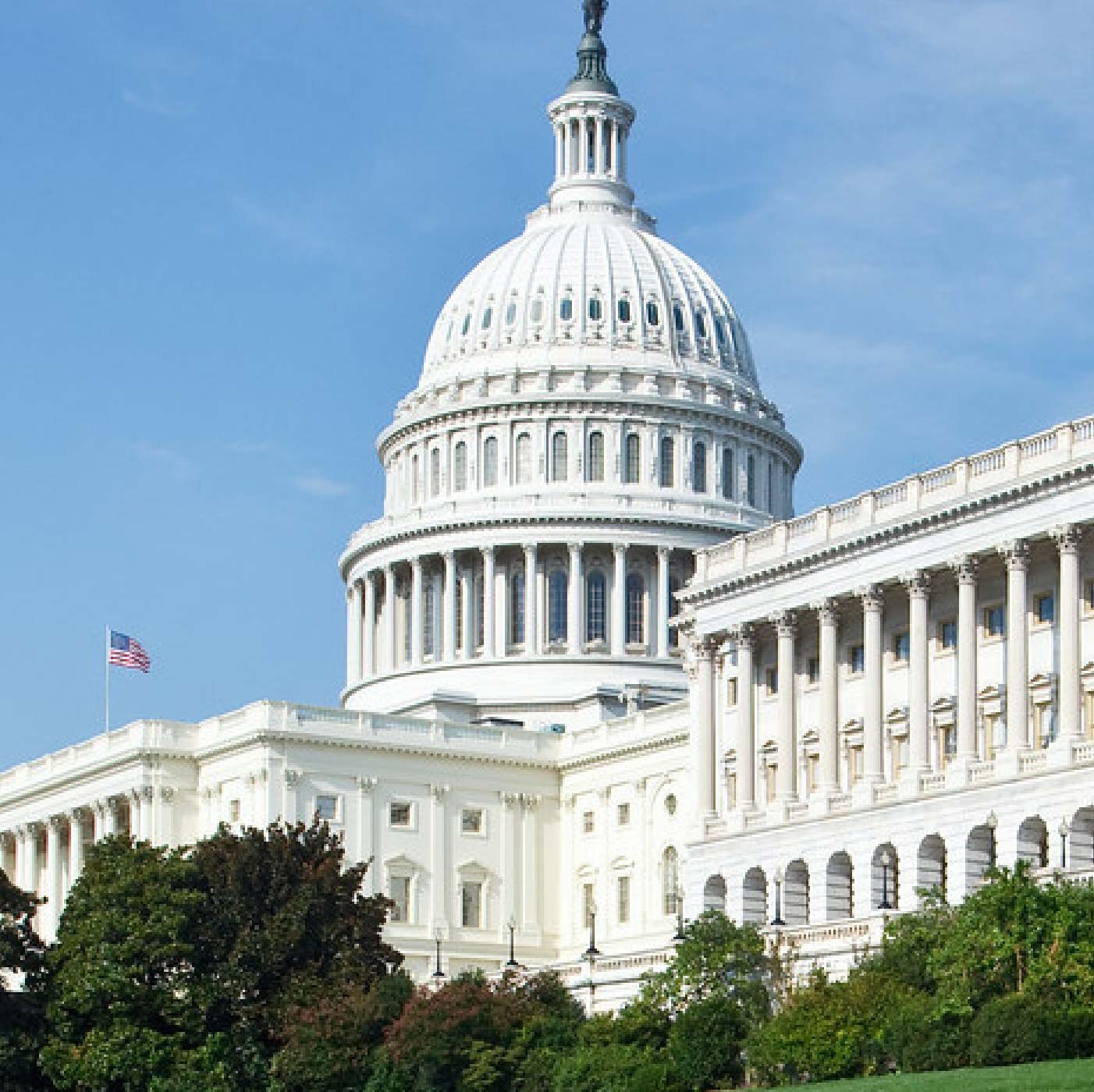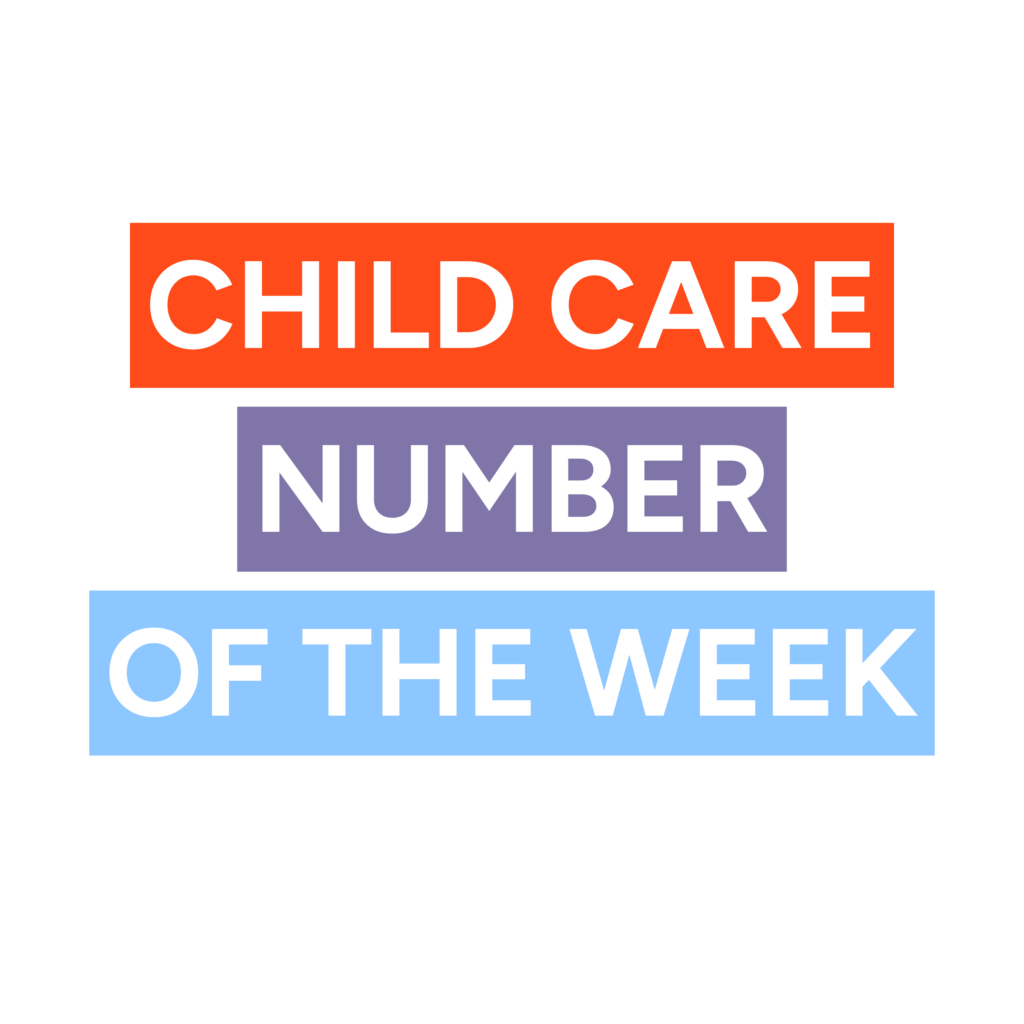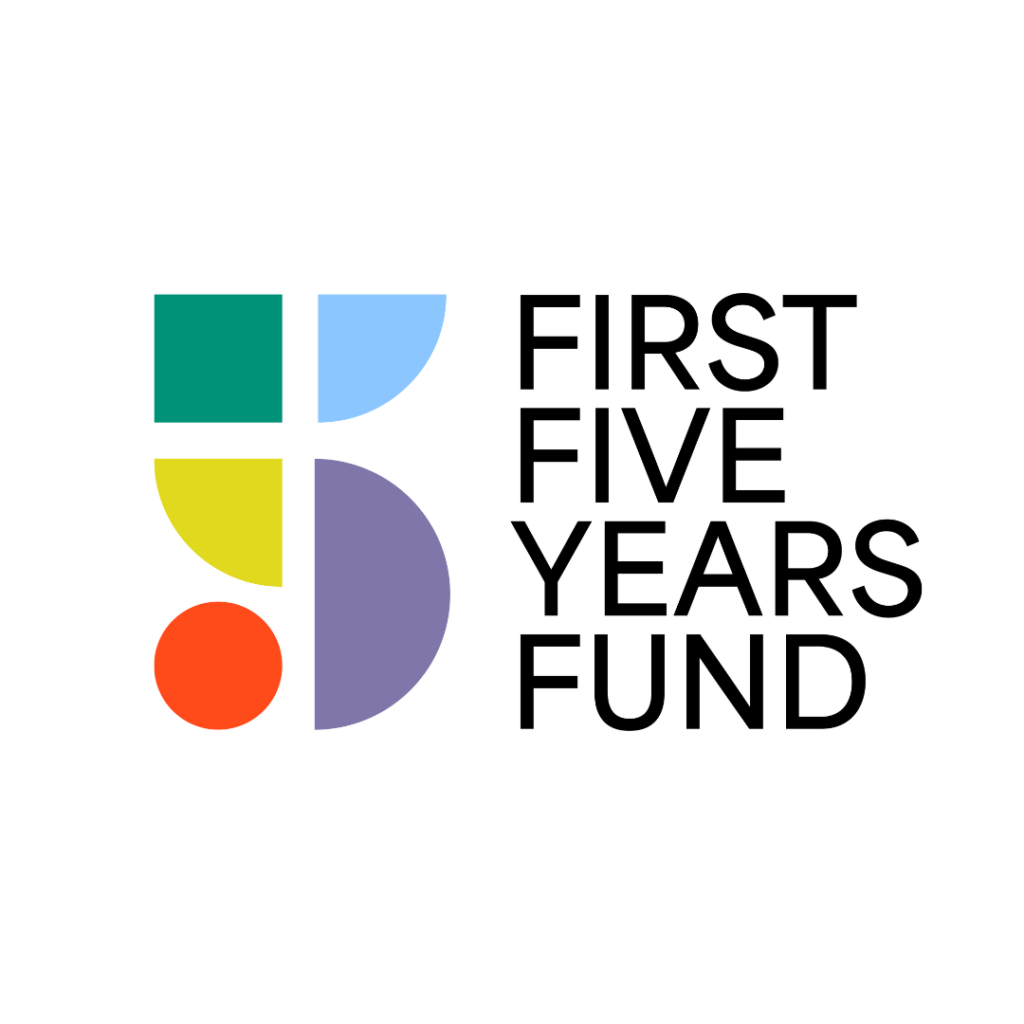FFYF Co-Hosts Congressional Briefing Highlighting Importance of Federal ECE Funding

On Thursday, First Five Years Fund (FFYF), together with the National Head Start Association (NHSA), the National Association for the Education of Young Children (NAEYC), and Child Care Aware of America (CCAoA), hosted the ABCs of Federal Early Learning and Care Funding — a virtual briefing on the importance of federal early learning and care programs and the need for robust funding through the annual appropriations process. The briefing was held in conjunction with the bipartisan Congressional Pre-K and Child Care Caucus.
A panel of experts and leaders in the early learning field spoke about the essential role of programs like the Child Care and Development Block Grant (CCDBG) program, Head Start and Early Head Start, and the Preschool Development Grant Birth through Five (PDG B-5) program. They also offered context about how the various programs support children, families, and communities and provided insights about the success and challenges they’re seeing across the country.
Speakers included:
- Sarah Rubinfield, Director of Government Affairs, First Five Years Fund
- Mario Cardona, Chief of Policy and Practice, Child Care Aware of America (CCAoA)
- Tommy Sheridan, Deputy Director, National Head Start Association (NHSA)
- Jenna Conway, Deputy Superintendent, Division of Early Childhood Care and Education, Virginia Department of Education
- Sheri Reynolds, Hillsboro Community Child Development Center in Hillsboro, IL
- Sharon Scott-Chandler, Action for Boston Community Development (ABCD) in Boston, MA
WATCH THE FULL BRIEFING HERE:
Mario Cardona of CCAoA discussed the need for increased funding for CCDBG, which enables states to provide high-quality child care support for families across the country, but lacks sufficient resources to reach all eligible families. In fact, only 1 in 9 eligible children are currently being served. His remarks were followed by a video from Sheri Reynolds, center director at the Hillsboro Community Child Development Center in Hillsboro, IL, who shared why CCDBG is essential to the success of her program, and why additional investments are needed to help child care providers like her address challenges with workforce compensation and increasing capacity.
NHSA’s Tommy Sheridan shared how the Head Start program, including Early Head Start, provides high-quality early childhood education to children living in poverty, as well as crucial wrap-around supports for their families, and stressed that increased appropriations funding would allow these programs to better serve the families and communities they are intended to reach. The goal of Head Start has always been to disrupt intergenerational poverty by providing resources, education, and support to families with babies and preschool-aged children. Sharon Scott Chandler, Executive Vice President and COO at ABCD Boston, which provides Head Start services to families in Boston, highlighted her first-hand experience with the early childhood education workforce shortages that exist today and the need for additional funding to hire and retain quality educators.
After FFYF’s Sarah Rubinfield spoke about the PDG B-5 program and the role it plays in helping states to strengthen their early childhood systems, Deputy Superintendent Conway explained how Virginia has used its PDG B-5 funding to help build a system that relies on all available funding streams to support a mixed-delivery system of care for children from birth through age 5, allowing families to access care through a variety of provider types and settings. She also highlighted that PDG B-5 assists states in building out data infrastructure to streamline systems, measure success, increase quality, and more efficiently leverage funding. She emphasized that PDG B-5 inspires states to think differently and creatively about how best to address the needs of families they serve.
Right now, Democratic and Republican lawmakers are circulating “Dear Colleague” letters on Capitol Hill, offering members of Congress an opportunity to support increased appropriations funding for the federal early learning and care programs. FY2023 “Dear Colleague” letters can be found here.
You can find more information about current funding levels and the need for increased appropriations for federal early learning and care programs on our website.
Subscribe to FFYF First Look
Every morning, FFYF reports on the latest child care & early learning news from across the country. Subscribe and take 5 minutes to know what's happening in early childhood education.



